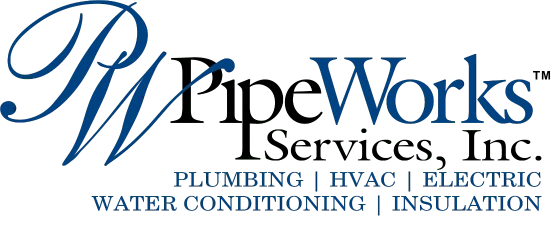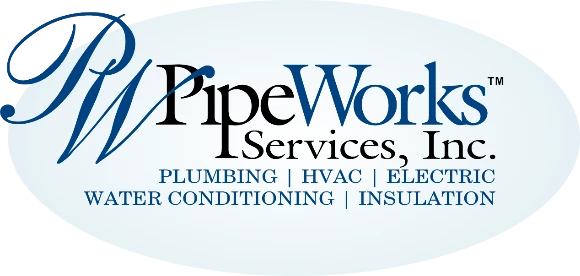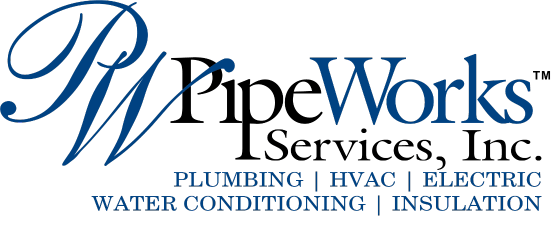Your air conditioner drip pan is designed to catch any excess moisture falling from your unit. That makes it the perfect breeding ground for mold, so you have to be vigilant if you want to control the moisture buildup and remove the possibility of mold growth within your home.
Follow these steps to keep your air conditioner drip pans clean:
Clean your home regularly. More specifically, make sure you vacuum and dust your home regularly. When dust and dirt are prevalent in your air, they can make their way into your air conditioner system, increasing the possibility of mold growth in your ducts. The mold then makes its way to your drip pan, where it will grow rapidly as moisture accumulates around it.
Replace your air filter often. Clean or replace your 1″ air filter once a month, especially during the summer when humidity is highest. A filter that is functioning well can remove as much as 97 percent of mold spores in the air. Changing the filters monthly gets the captured mold out of your home and ensures the new filter will operate as it should.
Check the drip pan frequently. If your drip pan is functioning well, it will drain on its own. You should take a look at the pan every time you change your filter to see if there’s sitting water. If you notice a significant amount of water, remove the drip pan and pour the water out. Then call an HVAC expert as soon as possible so they can find the problem and resolve it before mold builds up in your home.
Look out for mold. If you notice mold on your ducts, vents, ceiling, walls, or doors, there’s probably growth in your drip pan as well. If you find any signs of mold, your entire system needs to be assessed and the mold must be completely removed.
For more tips on how to keep your home healthy, safe, and comfortable, contact Pipe Works Services. We provide outstanding customer service to become the best service company in Morris, Union, Somerset, and Essex counties. Our goal is to help educate our customers in Chatham, NJ, and surrounding areas about energy and home comfort issues (specific to HVAC systems).




